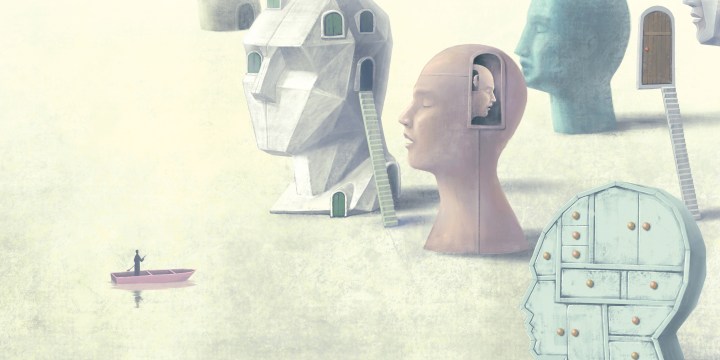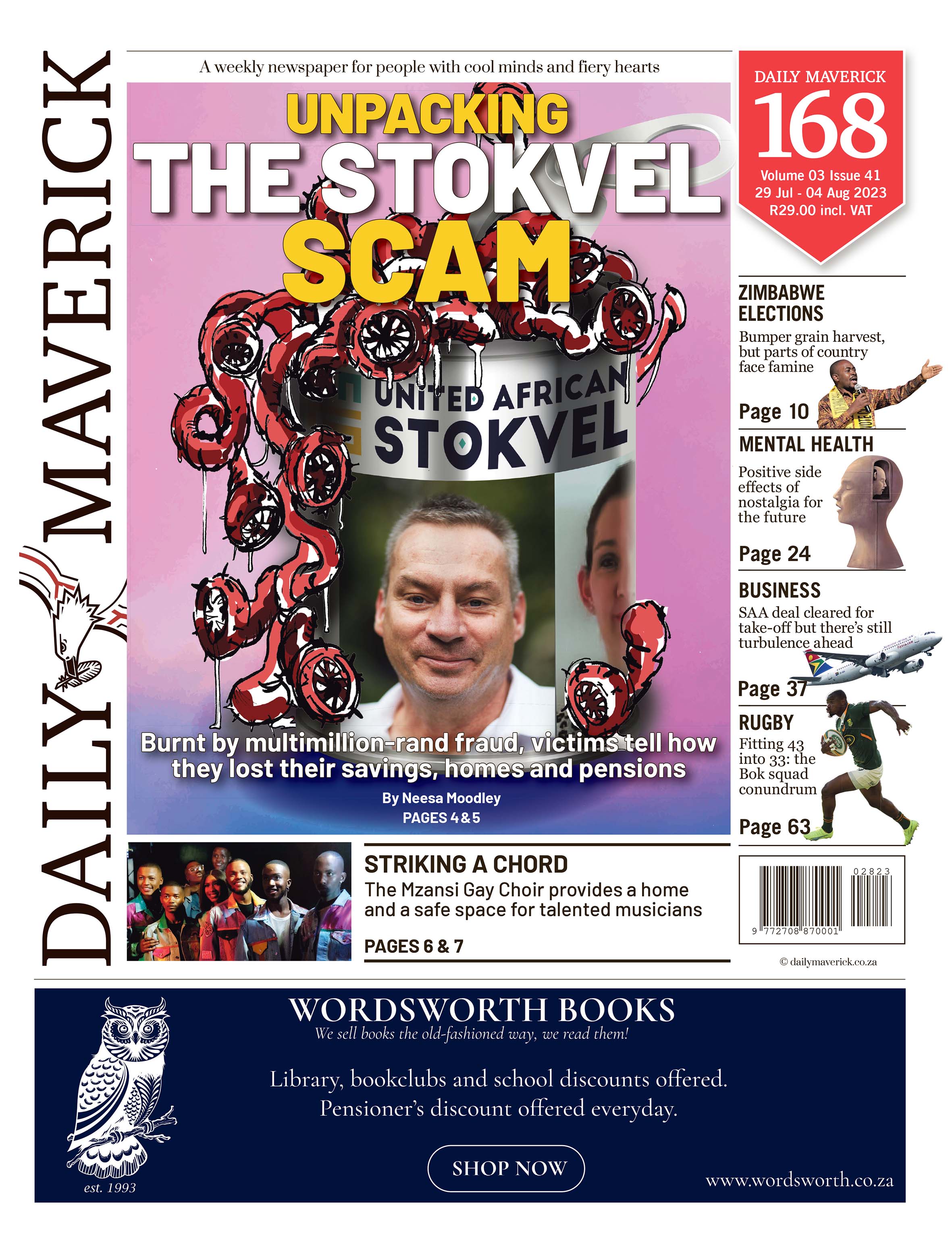REFLECTION
Nostalgia – there’s more to it than just an unhealthy attachment to the past… and it might be a good thing

Psychology researchers have found that nostalgia – which was once classified as a mental disorder – comes in different forms. Not only can you yearn for the past, but it is also possible to feel an ache for something that has not yet happened. And this feeling might have positive side-effects.
I’ve been ruminating on the first two years of this decade for a little while now. An extraordinarily unusual time which came to stand for a departure from anything most of us had ever experienced before.
It was a time when, after more than two decades of inhabiting both digital and real spaces realised from globalisation, nearly everything shut down. Our immediate sensory worlds were more or less reduced to that which exists inside the places we called home.
While this period opened up the possibility of working and living in an altogether different way, I will never forget the immense personal devastation that punctured 2020 and 2021. Researchers in the field of psychology have found that the “destabilising effects” of the Covid-19 pandemic caused such sharp increases in nostalgia that, to this day, millions of people long to erase the experience of the pandemic from their memories completely.
Most likely, I won’t look back at this time with distinct fondness, but I do recall feeling overwhelmed by unprecedented tranquillity and solitude, causing one of the most visceral emotional dualities I have ever experienced. Along with millions of people across the world, I lost people close to me and yet, my memory of this time carries with it such strong feelings of comfort that I still find myself yearning for it from time to time.
Nostalgia as a mental illness
Philosophers and linguists might tell you that rebellion against the present coupled with a fervent longing for the past is what constitutes nostalgia. And they’re partially right. Our conventional understanding of the sensation of nostalgia is that it is a (sometimes comforting) longing for a time that has passed.
The novelist Vladimir Nabokov wrote about “sailing off to Russia” the minute he got into his American bed, whereas Japanese writer Haruki Murakami referred to this feeling as entering a private library in our minds in which we “have to keep making new reference cards to understand the workings of our own heart”.
Read more in Daily Maverick: TikTok’s unbalanced mental health content can be helpful or deeply distressing
In the 17th century, the psychological pain associated with this longing was considered a mental disorder. Thomas Dodman, a historian at Columbia University, contends that at one point in history, nostalgia was the second-most studied mental illness after hysteria. Nostalgia is cited to have been linked to individuals who felt isolated from other people, or people who had undergone abrupt and emotionally painful experiences that led to their severing ties with their home or home countries.
These associations are aptly illustrated by the word’s ancient Greek and new Latin roots and composition: “nostos” means “home” and “algos” means “pain”. By the middle of the 20th century, however, psychodynamic approaches rendered nostalgia a “subconscious desire to return to an earlier life stage” and it was no longer considered a mental disorder but rather a variant of depression marked by loss and/or grief, though still equated in some sense with “homesickness”.
A future-oriented notion
In recent years, psychologists have found that there’s more to nostalgia than just an unhealthy attachment to the past. Refuting the notion that nostalgia is only maladaptive, more and more research shows that more than one type of nostalgia exists, including future-focused forms called “anticipated nostalgia” and “anticipatory nostalgia”.
Anticipated nostalgia is having the foresight that you will one day be nostalgic for a certain experience, according to researcher Wing Yee Verbon Cheung at the University of Winchester. I think of this experience as an intuitive certainty that you will look back on a given period and therefore savour it in ways that cement the memory quite firmly in your mind.
Anticipatory nostalgia is described as “missing what has not yet been lost or is still taking place”. It’s a kind of pre-longing that can be likened to the philosopher Alain de Botton’s contention that we should “pre-emptively grieve for people we love” (before they leave or die), or Milan Kundera’s proposal that “you can suffer nostalgia in the presence of the beloved if you glimpse a future where the beloved is no more”.
Despite similar nomenclature, the distinction between anticipated and anticipatory nostalgia is temporal: anticipatory nostalgia is said to occur in the present while the ache of anticipated nostalgia has yet to come.
With anticipated nostalgia, you anticipate having nostalgic feelings for the present and future experiences, and with anticipatory nostalgia you feel a premature longing for something in the imagined future.
In both cases – and often in the case of conventional (or personal) nostalgia – mental health scholars are finding that experiencing nostalgia comes with an array of mental health benefits.
A 2021 study published in the journal Cognition and Emotion argues that reminiscing about the past can help you feel connected to who you used to be, who you are in the present and who you will be in the future. These affirming recollections often increase one’s sense of self and motivate confidence.
One of the new future-focused forms of nostalgia – anticipated nostalgia – can bring about positive side-effects such as savouring life experiences and enhancing meaning in one’s life. However, people with a tendency for anticipatory nostalgia struggle to enjoy the present moment (and may even try to create some distance between themselves and the moment to limit the pain of it ending).
Future nostalgia types may be a little tricky to wrap one’s head around, but it’s becoming abundantly clear that this kind of mental time travel not only serves as a bittersweet gust of wistfulness, but it may also be a motivational tool that can shift us from inertia to creating private libraries filled with the kind of richness only meaning can bring. DM
Florence de Vries is a communications strategist and journalist whose primary research interests are in the fields of mental health and the ethics of care.
This story first appeared in our weekly Daily Maverick 168 newspaper, which is available countrywide for R29.

"Information pertaining to Covid-19, vaccines, how to control the spread of the virus and potential treatments is ever-changing. Under the South African Disaster Management Act Regulation 11(5)(c) it is prohibited to publish information through any medium with the intention to deceive people on government measures to address COVID-19. We are therefore disabling the comment section on this article in order to protect both the commenting member and ourselves from potential liability. Should you have additional information that you think we should know, please email [email protected]"





 Become an Insider
Become an Insider